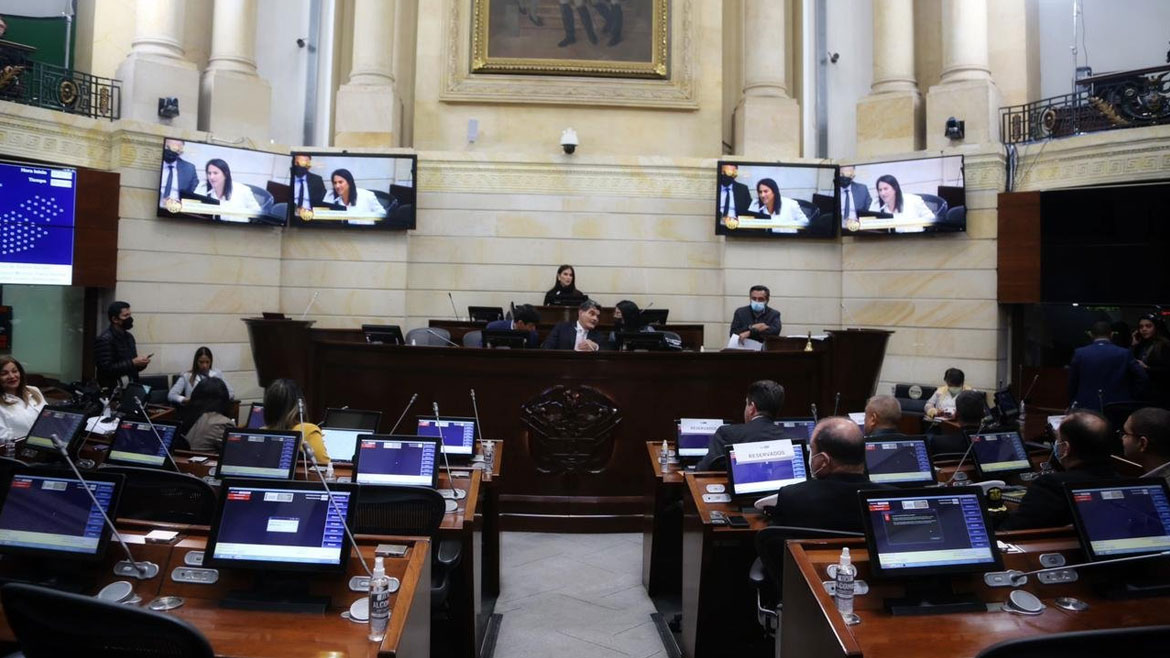Colombia’s former opposition will take control of Congress in a historic session on Wednesday.
The Historic Pact, the progressive party of President-elect Gustavo Petro, will be leading the government coalition after four years of opposition against President Ivan Duque.
Petro’s party received the support of the other former opposition parties like the Green Alliance and Comunes, the political party formed by former FARC guerrillas who demobilized in 2017.
The coalition will be reinforced by the traditional Liberal Party and the U Party and could receive more reinforcements in the coming month.
The Historic Pact was also able to negotiate the presidencies of both the Senate and the House of Representatives.
These positions give the government party major influence over the congressional agenda in the coming year.
In the House, Petro will additionally receive the support of at least nine of 16 victim representatives who were elected as part of a 2016 peace deal between former President Juan Manuel Santos and the FARC.
While on campaign, Petro vowed to accelerate the implementation of this peace deal that was fiercely opposed by Duque and his far-right Democratic Center party.
The party of the president who is set to leave office on August 7, as well as regional “clans,” suffered a major defeat in the March elections.
The Democratic Center announced its opposition to Petro’s “socialist” government.
To what extent the incoming government will be able to implement their ambitious reforms will depend on the support of the clans that wield a lot of power in the traditional parties.
This support may depend on the president-elect’s willingness to share administrative power with these regional forces.
Petro is also opposed by Colombia’s corporate media that have historically defended their owners’ interests rather than that of the public.
According to a recent poll, the incoming government can count on the support of more than 60% of urban Colombians.


